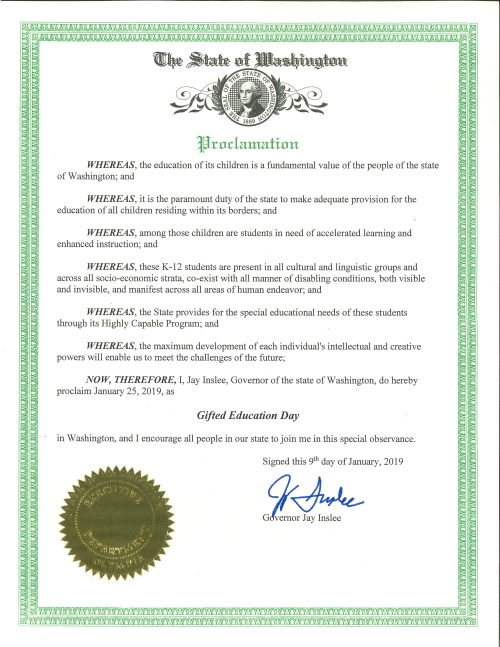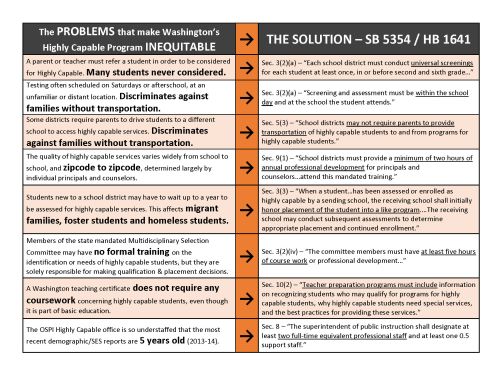SSB 5354 has passed out of the Senate Way & Means committee and has been sent on to the Rules Committee. Once received by the Rules committee, it is eligible for consideration. Since the bill received a unanimous vote in Ways & Means it is possible that it may be considered for the consent calendar as early as this week and sent to the floor for debate and a vote.
Please contact your Senator NOW and request his/her support for SSB 5354.
What do you want to say to your Senator? You could ask them to contact members of the Rules committee and request expeditious scheduling of SSB 5354. Or you could just express your support for SSB 5354 and ask for a yes vote on the floor. Or both. Or something else. Your choice.
There are a number of ways you can do this.
1. Use the comment on this bill option on the bill page and send only to your Senator. You don’t need to know who that is to use this as the system will tell you his/her name. Use the comment box to ask for support for SSB 5354.
2. Use the Legislative Hot Line. You need to know who your Senator is to do this. If you don’t, see 4 below. Prepare your message in advance and read it to the operator.
1-800-562-6000
From the Legislative web site:
Toll-Free Hotline
Do you want to send a message to your Senator? Call our HOTLINE at 1-800-562-6000 (TTY for Hearing Impaired 800.833.6388). Callers to the Hotline can leave a brief message for their district legislators on issues of concern or on questions they may have about bills or laws. These messages are forwarded electronically to the appropriate individuals. When leaving a message with the Hotline, please be prepared to give your name and street address. For non-English speaking callers we offer interpreter services for many languages.
During the Legislative session, the Hotline is open from 8:00 a.m. to 7:00 p.m. Monday through Friday.
3. If you already have your Senator in your email contact book, send an email with SSB 5354 in the subject line and ask for support.
4. Know who your Senator is but don’t have the email address? Use the Legislative web site to find your Senator and then click on Email to send one through this site.
Don’t know who your Senator is? Go to the District Finder and enter your information. A white message bubble will appear on the map. Click on your Senator’s name and it will take you to the Senate listing (see above paragraph) where you can send an email.
5. Although Legislators prefer email, you can also write a letter and mail it. Mail addresses can be found using the site in item 4 above.
6. If you have a close relationship with your Senator, you can always call his/her office directly. Phone numbers available at the Senate site in 4 above.
Whatever method you use, please contact your Senator as soon as possible. The deadline for getting this bill passed in the Senate and on to the House is March 13th.
It is imperative that contact with individual Senators be made as soon as possible.
“Never doubt that a small group of thoughtful, committed citizens can change the world; indeed, it’s the only thing that ever has.” Margaret Mead

